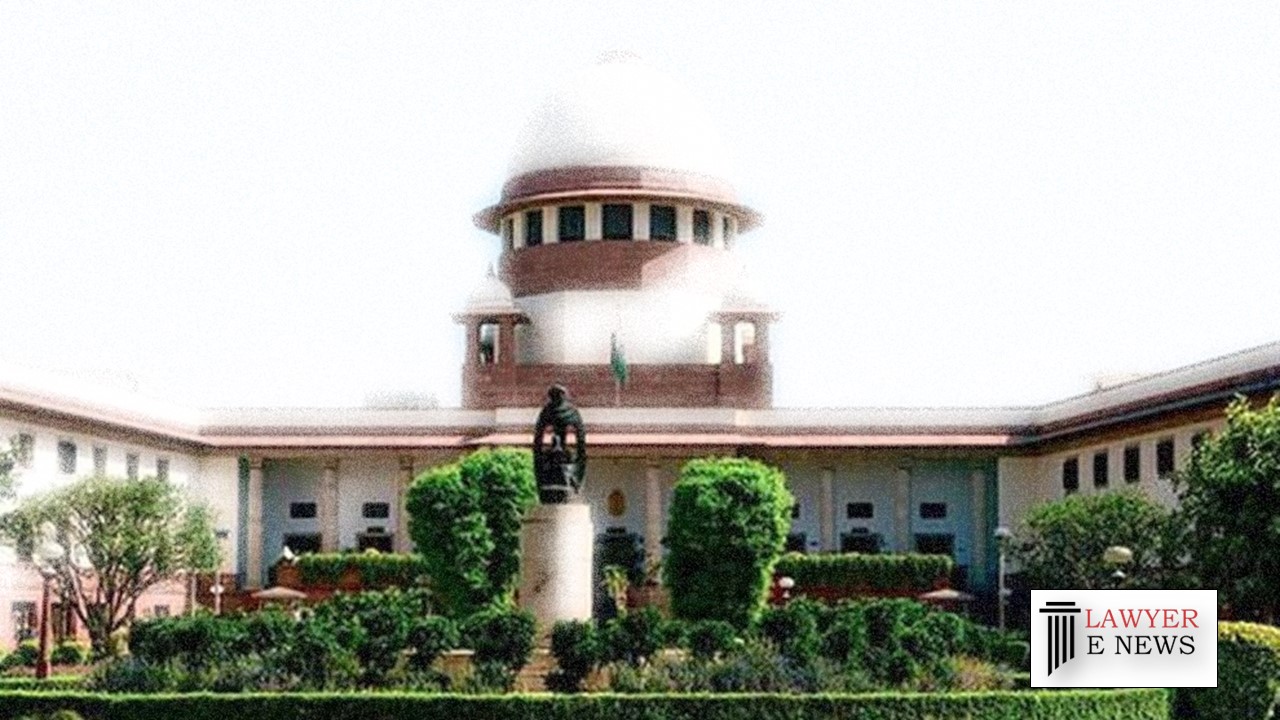-
by Admin
16 February 2026 1:47 PM



In a significant judgment, the Supreme Court of India has acquitted Raja Naykar, overturning his conviction in a murder case by the High Court of Chhattisgarh. The apex court, in its judgment, emphasized the principle that “suspicion, however strong, cannot take the place of proof beyond reasonable doubt.”
The bench comprising Justices B.R. Gavai and Sandeep Mehta delivered the verdict on January 24, 2024, in the case (Criminal Appeal No. 902 of 2023). Naykar was earlier convicted for the murder of Shiva alias Sanwar and sentenced to life imprisonment, with additional charges of conspiracy to destroy evidence.
The Supreme Court meticulously analyzed the circumstantial evidence presented by the prosecution. It underscored that the evidence should not only be fully established but also consistent exclusively with the guilt of the accused, a principle not met in Naykar’s case. The judgment stated, “It is necessary for the prosecution that the circumstances from which the conclusion of the guilt is to be drawn should be fully established.”
Key factors in the appeal were the recovery of various articles, including a dagger and blood-stained clothes, linked to the crime. However, the Court observed that these recoveries were from places accessible to many and thus could not be conclusively linked to Naykar. The judgment highlighted the importance of a complete chain of evidence in cases based on circumstantial evidence.
The Court also critiqued the High Court’s approach, noting that it failed to appreciate the principle that the prosecution must prove the case beyond reasonable doubt before considering the accused’s explanation. “Merely on the basis of suspicion, conviction would not be tenable,” the judgment noted.
In conclusion, the Supreme Court set aside the judgment of the High Court and directed the immediate release of Raja Naykar, if not required in any other case. This judgment reaffirms the legal principle that an accused cannot be convicted based on suspicion and emphasizes the necessity for concrete evidence in criminal prosecutions.
Date of Decision: 24th January 2024
RAJA NAYKAR VS STATE OF CHHATTISGARH
